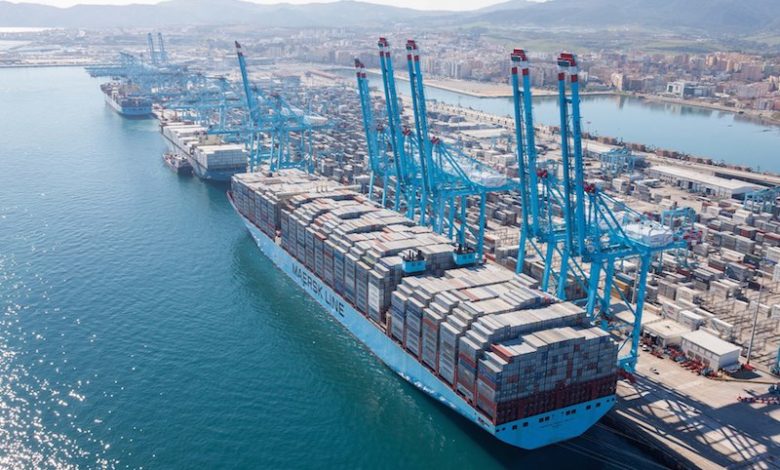Maersk hits out at shipping’s lack of ambition to tackle climate change

As world leaders talk climate change solutions at COP23 in Bonn, A.P. Moller – Maersk has lashed out its shipping line peers as well as the International Maritime Organization over the slow progress being made to reduce the industry’s carbon footprint.
Writing on Maersk.com earlier this week John Kornerup Bang, chief advisor on climate change at A.P. Moller – Maersk, stated shipping must step up its efforts to pollute less.
Not for the first time, Maersk has made a call for the urgent introduction of regulation to ensure laggards are brought up to speed emissions-wise.
“As a company, we are reaching a point where it will be more and more challenging to drive significant reductions on our own,” Bang wrote, adding: “Efficiency measures are drying out and it’s an industry challenge to drive the needed innovation in new propulsion technologies. More than ever, we need global regulation to ensure a level playing field and a transition with the biggest possible environmental impact.”
The global agreement from COP21 in Paris entered into force in 2016, and Bang said Maersk was disappointed shipping was not included in this deal.
“ Shipping must decarbonise at the same pace as the rest of the economy and contribute with its ‘fair share’ of CO2 reductions to achieve the global goal of staying below 2°C temperature rise. Global regulation remains a key driver in realising this ambition,” Bang wrote.
The Maersk official then went on to hit out at others he and his company believe are slowing down progress to hammer out an ambitious set of emissions cutting regulations for shipping to adopt.
“[W]e would have preferred to see more progress during an intense week of negotiations at the latest IMO GHG intersessional meeting in October this year, particularly on the level of ambition,” Bang wrote.

I think the comment to make here is not simply “good for Maersk” but also “what is stopping everyone else from agreeing with Maersk?”
Bang is not calling for anything radical – just for the traditional level playing field, and for urgent research into new propulsion systems.
Why would anyone disagree?
Acta Non Verba. CMA CGM new containerships will be LNG-powered.
And yet the IMO/ICS continue to defend their progress.